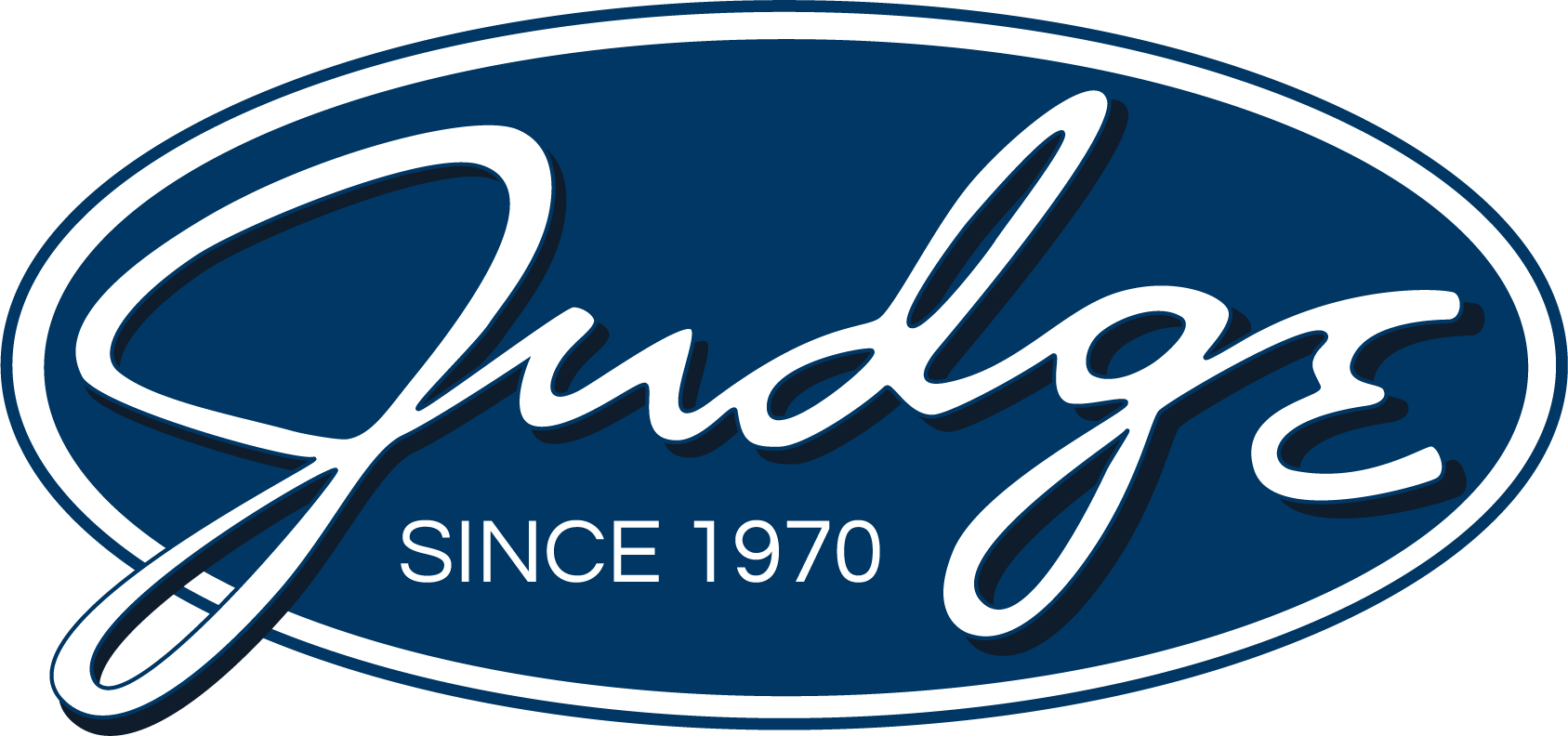Refocusing Your Recruitment and Retention Efforts in Times of Uncertainty
Elon Musk’s “super bad feeling” about the economy and his associated plan to freeze hiring and cut 10% of salaried staff at Tesla has grabbed headlines in recent weeks. The recent 1.6% slip in the GDP, the sharp decline in CEO confidence, geopolitical turmoil in Ukraine, and an inflation rate we haven’t seen in decades all point to the possibility of a recession on the horizon.
When it comes to your hiring plans, now is the time to prepare — not to panic. While we may still have many more questions than answers about what’s around the next corner, businesses that adjust their strategies now will have the best chance of thriving during times of uncertainty.
Be Vigilant for Signs of a Recession but Don’t Ignore Industry Trends
Tech startups are typically viewed as a leading indicator on economic trends as a whole, and reports indicate that Silicon Valley is starting to slow its hiring pace. In addition to Tesla, bigger companies in the tech space like Amazon and Facebook are preparing as well.
It’s important to keep a close eye on these “canaries in a coal mine” so you can adjust your hiring approach, but also maintain an industry-specific balance. Morgan Stanley predicts that if we experience a recession, it may be shallower than others since it will be inflation-driven vs. credit-driven. Our fundamentals are still strong, the housing and automotive industries are bullish, and the supply chain recovery means fulfilling backorders will keep many industries solid even during a recession.
Keep It Real with Employees and Candidates
A friend working at a major U.S. financial institution gave me some great food for thought. He mentioned that they delivered a message to employees along the lines of “we know everyone is excited to return to work in person,” which, honestly, may not be the case for some employees. His thought was it would have been better to say this is the strategy that gives us the best chance of success, and it’s why we’re bringing you back in person.
That same keep-it-real approach is how you should approach conversations with employees and candidates if and when a recession hits. We’re all adults, and people appreciate honesty. If what your organization says rings true, your retention rates will be higher and the employees you have will be more likely to stay engaged.
Be Strategic with Headcount and Upskill First
Yes, Elon Musk is making cuts, but that doesn’t mean you should automatically start reducing your headcount. It’s still a candidate’s market and hiring is a challenge, which means you should protect your relationship with your most valuable employees and continue to court outstanding candidates.
During the Great Recession of 2007-2009, there was a race to reduce headcount, get lean, and make do with fewer resources. While this strategy was essential for survival in many cases, the end result was overworked and disengaged employees. This relatively short-term strategy led to long-term negative consequences.
A recession may change your focus or your needs, which will make upskilling, education, and workforce training critical components of your strategy during uncertain times. It’s much more efficient to find new roles for your superstars than it is to find new superstars.
What’s Next?
Predictions for a recession among economists range, but most say the chances are uncomfortably high. Will Elon Musk prove to be right? Only time will tell, but it’s important to start planning now, maintain your balance, and adjust your hiring strategies accordingly.
A few important first steps to consider for talent retention and upskilling include:
- Meet employees where they are: A good retention strategy empowers your employees to bring their true selves to work. In addition to my advice above for “keeping it real”, take a closer look at how your brand and business strategy supports the employee experience. Fix any inconsistencies that may exist. I covered some of these ideas in my previous post on returning to work.
- Consider alternative sourcing models: From outsourcing to off-shoring and managed services, alternative staffing sources are extremely popular during a recession. This allows companies to adjust headcount while ensuring your business operations and IT never skip a beat.
- Educate and train: I’m a strong proponent of learning as a lifelong pursuit that leads to greater levels of success. Empower your employees with learning opportunities to upskill in their current roles or reskill for a new role. Start this process by working with business unit heads to identify current gaps and build a plan to close them, which may require an outside resource to help with creating a professional development program.
There’s a lot to unpack around your preparation for a potential recession. Feel free to reach out if you’d like to discuss your current challenges and how Judge may be able to help you resolve them.





